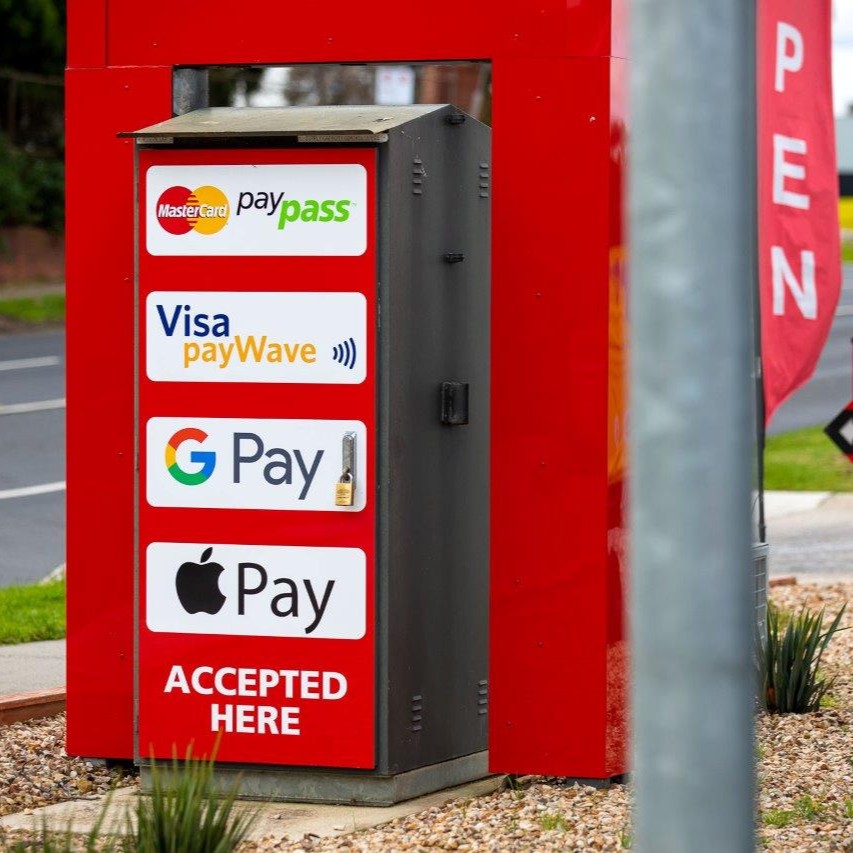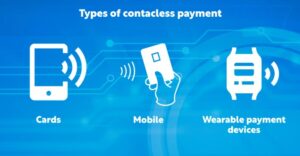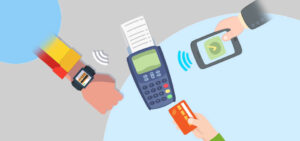
In today’s fast-moving world, Australian consumers expect convenience and efficiency in every transaction. The rapid adoption of contactless payments across retail, hospitality, and service industries has set a new standard, and the car wash sector is no exception.
Modern payment systems that support contactless options such as NFC (Near Field Communication), tap-and-go cards, mobile wallets (Apple Pay, Google Pay, Samsung Pay), and pre-paid accounts are transforming how customers interact with car washes. These payment methods allow drivers to pay quickly and securely without leaving their vehicle, enhancing the transaction’s speed and safety.
Why Should Car Wash Operators Embrace Contactless Payments?

The benefits of integrating contactless payment systems are substantial:
- Faster Transactions, Less Waiting –Customers expect speed, and long wait times can deter repeat business. Contactless payments process faster than traditional cash or card insert transactions, reducing queues and improving the overall customer experience.
- Seamless Integration into Existing Systems –Many modern point-of-sale (POS) and car wash management systems now support multiple digital payment options, making it easier for operators to transition. The right payment system should integrate effortlessly with loyalty programs, discount codes, and subscription-based wash plans.
- Increased Security – Tap-and-go and mobile payments are more secure. They reduce the need for cash handling, lowering the risk of theft and fraud..
- Access to Valuable Customer Data – Digital transactions provide insights into customer preferences and spending patterns. This data can be used to tailor marketing campaigns, introduce dynamic pricing models, or offer loyalty rewards that encourage repeat business.
- Australia is Moving Toward a Predominantly Cashless Society – According to the Reserve Bank of Australia (RBA), cash transactions have significantly declined, with more than 80% of in-person payments now being made via card or mobile wallets. Car wash operators who do not offer digital payment options risk alienating a growing number of customers who rarely carry cash.
Are Customers Expecting Faster Payments?
Absolutely. Customer expectations have shifted significantly. Convenience is no longer a luxury but a requirement. A slow or cumbersome payment process can leave a negative impression. Customers are increasingly intolerant of delays, and in a world where time is precious, they may simply choose a competitor that offers a smoother, faster transaction experience.
The Takeaway: Future-Proofing Your Car Wash Business
Adapting to new payment technologies isn’t just an option, it’s a necessity for any car wash operator wanting to remain competitive. Whether through tap-and-go terminals, app-based payments, membership subscriptions, or even automatic number plate recognition (ANPR) for seamless drive-through experiences, the goal is to make transactions as effortless as possible.
ACWA Can Help You Make the Transition
As contactless payments become the norm, future-focused operators should invest in up-to-date payment solutions and ensure staff are trained to assist customers with these systems. ACWA has several specialist Supplier Members who provide cutting-edge contactless payment solutions tailored to the industry.
These suppliers can help ensure seamless integration with your existing operations and guide you through the transition to a more efficient, cashless future.
Next Steps for Car Wash Operators
- Evaluate your current payment infrastructure — does it meet customer expectations?
- Consider integrating mobile payment solutions or pre-paid wash plans to enhance customer loyalty.
- Visit the ACWA website and explore the Supplier Directory to connect with experts in this space.
- Train staff to assist customers with digital payments and troubleshoot any issues.
- Monitor trends and stay ahead of industry shifts to ensure your business remains competitive.
By embracing fast, secure, and contactless payment options, Australian car wash operators can enhance customer satisfaction, improve operational efficiency, and drive long-term business growth.

